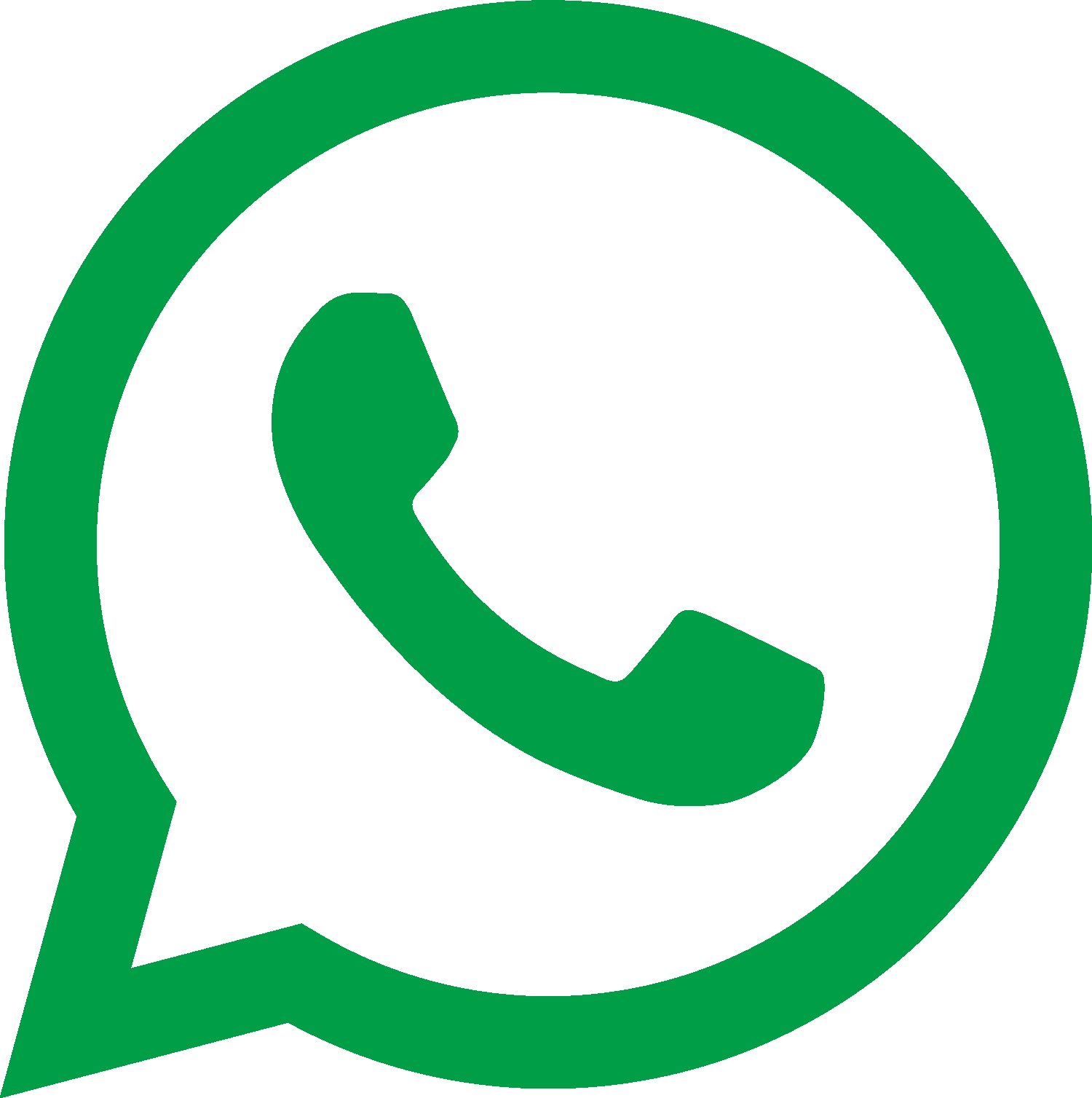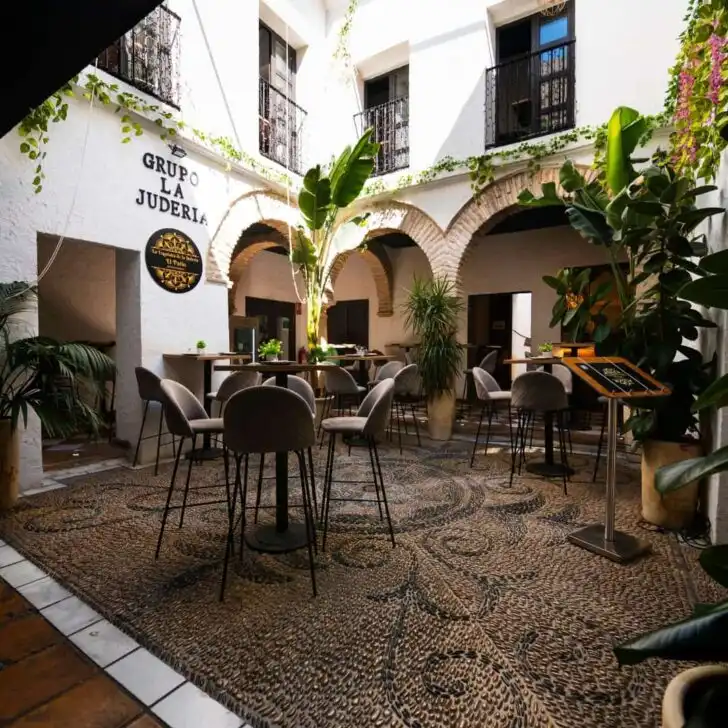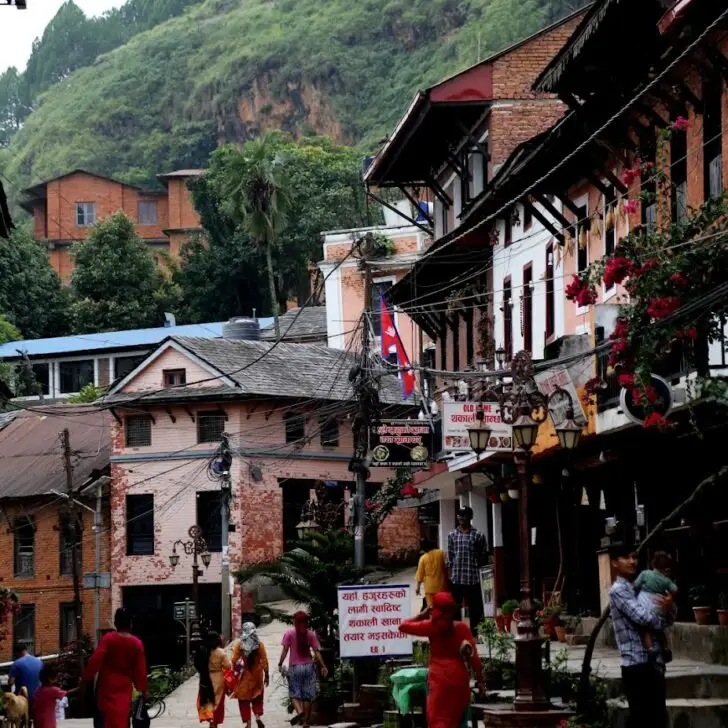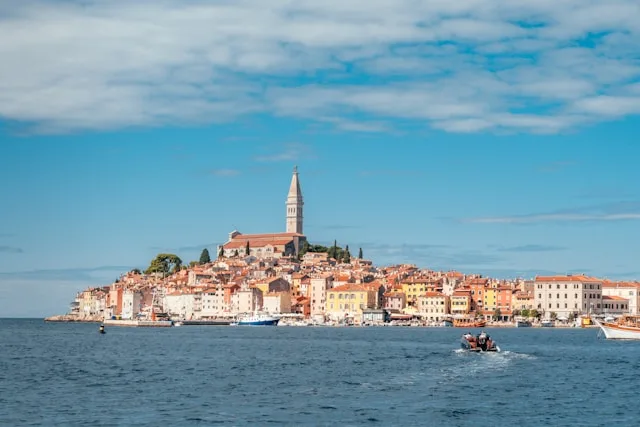We may receive a commission if you make purchases through affiliate links (at no extra cost to you). Read why our approach to travel is different.
Everything suggests that North Korea (or the Democratic People’s Republic of Korea, as it is known officially) will reopen its borders to foreigners in 2024. But going to North Korea isn’t like going to France – you have to be a lot more prepared!
I’ll tell you everything you need to know before you go to North Korea, including something you absolutely should not say (take it from me – I asked, and it could have ended very badly).

Skip to...
- 1. You won’t be able to connect to the internet
- 2. You’ll likely get your North Korea visa in China, so you’ll need a Chinese visa as well
- 3. If you speak Korean, you should be cautious about who you speak to in Korean
- 4. You won’t be able to travel to the U.S. on the ESTA Visa Waiver Program after you visit North Korea
- 5. If you build the right level of trust, you might be allowed to see a mass communist rally
- 6. Bring foreign currency if you want to buy drinks and souvenirs
- 7. You can ask about government and society, but don’t joke
- 8. North Koreans don’t call themselves North Koreans
- 9. Your tour guides will include minders, and you should make friends with them
1. You won’t be able to connect to the internet
You can bring your phone into North Korea, but you won’t be able to connect to the internet. There are SIM cards available which nominally allow access to the internet, but we weren’t given the opportunity to buy them.
When tourism was permitted, it was only foreigners working or studying in North Korea that could connect to the internet with mobile data. I met a Chinese businessman in my hotel that was able to connect to the global internet through a special system, but it wasn’t available to foreigners.

North Koreans do have access to an intranet, which is to say a domestic internet only available in North Korea to North Koreans. They just can’t access the global internet.
I guess that’s why they call North Korea the Hermit Kingdom!
2. You’ll likely get your North Korea visa in China, so you’ll need a Chinese visa as well
Once travel to North Korea resumes in 2024, it’s assumed that the process for obtaining a North Korean visa will be as it was before. This involved applying for a visa and picking it up from the North Korean embassy in Beijing.

This means you will have to obtain a Chinese visa as well. But there is one absolutely crucial thing that you need to keep in mind:
You must get a double- or multiple-entry visa for China; otherwise, you may not be able to re-enter China when you leave North Korea.
3. If you speak Korean, you should be cautious about who you speak to in Korean
It’s also still illegal for foreigners to speak with North Koreans without authorization. So if you do speak Korean, be very careful about who it is that you try to speak to lest you attract unwanted attention.
North Koreans will also very quickly pick up that you have not learned Korean from North Korea – and their reaction to this can be anything from cautious curiosity to derision to concern.

For those of us who don’t speak Korean, you should know that there are differences between the Korean spoken in North Korea and in South Korea. The Korean spoken in South Korea is also filled with thousands of loanwords from English. The Korean spoken in North Korea, however, has far fewer loanwords, and they tend to come from Chinese or Russian instead.
If you’ve been to South Korea, you’ll be familiar with annyonghaseyo for hello. In North Korea, when saying hello, it’s more usual to say annyonghasimnikka.

You might hear your guide say balli balli which means “get moving” or “hurry up”.
4. You won’t be able to travel to the U.S. on the ESTA Visa Waiver Program after you visit North Korea
This one is a bit of a pain. After travelling to North Korea, you can no longer enter the United States on the ESTA visa waiver program (if you were eligible in the first place). You will need to apply for a tourist visa at a U.S. embassy if you want to enter the United States after you visit North Korea.

This wasn’t always the case and it may not be the case in the future. Right now, however, it still stands that British, Australian and European travelers cannot travel to the U.S. on the ESTA waiver program if they have visited North Korea after March 1, 2011.
5. If you build the right level of trust, you might be allowed to see a mass communist rally
If you develop a good relationship with your guides, they may let you watch a rally should one occur while you’re there. You’ll very quickly realise that everything in North Korea is performative, and the rally is no exception to that.
When people starting moving in huge numbers towards Kim Il Sung Square in Pyongyang, we wondered what was going on. Our guides initially tried to stop us from looking outside of the windows in the Grand People’s Study House, but they eventually gave in.

We asked our guides what we were watching but they wouldn’t say anything beyond ‘it’s a workers’ party movement’. From our perspective, the rally didn’t seem organic. For example, the way the signs were perfectly placed suggested this was more an exercise for television than it was a real movement.
The rally that we saw was deeply fascinating from an anthropological point of view. I’d only ever seen scenes like this in pictures in history books about formerly communist Eastern European countries.

6. Bring foreign currency if you want to buy drinks and souvenirs
Your tour will include the cost of accommodation, entry fees for attractions and planned meals. You’ll need foreign currency for everything else, including buying drinks at the hotel bar and souvenirs.
You’ll very likely want to take some North Korean snacks or souvenirs home with you. If so, make sure you bring plenty of euros, U.S. dollars or Chinese yuan with you. It’s impossible to get money in North Korea so you’ll need to bring it with you.
Travel tip: Make sure you bring small denominations of foreign currency (bringing EUR 100 or US$100 might make it very difficult to buy things).
7. You can ask about government and society, but don’t joke
It’s perfectly fine to ask about the government, the leaders, foreign policy, education, way of life etc. You can even say how things are in your country. But you should try to stay in listening mode and avoid making any comments that might sound too critical of the government particularly.

I tested the waters on the extent of questioning, but it becomes very clear when you’re reaching the edge of what the guides are comfortable speaking about. This is compounded by the fact that North Koreans are generally taught to be sceptical of foreigners. This means that North Koreans are generally disbelieving of things that foreigners tell them.
Your guides may very well have travelled outside of the country, likely to China. This means that they have experience with foreigners, but what you need to understand is that they are watched by minders at all times when they’re outside of North Korea (and likely inside North Korea) so their experiences are very different.

For example, I asked my tour guide where gay and lesbian North Koreans spend time. The response I was met with was “we don’t have gay people in North Korea”. This is obviously untrue, but it’s the official party line.
For context, the North Korean government doesn’t make official policies pertaining to other sexual orientations because the government simply doesn’t acknowledge that they exist. Most North Koreans wouldn’t even know of the existence of homosexuality.

8. North Koreans don’t call themselves North Koreans
They just call themselves Koreans – and it’s not considered respectful to refer to them as North Koreans. As far as they’re concerned, there is only one country, and all maps will show the north and the south combined. It’s just that they are living under occupation by Imperialist America – until it’s liberated by the north, of course.
9. Your tour guides will include minders, and you should make friends with them
Communist societies are known for building strong state security and intelligence apparatuses to monitor dissent. Your tour group will likely have at least two North Koreans. One of them will be your guide (the one who is actually doing the talking), and the other will be a minder for your guide posing as a guide.
My best tip: Be very friendly to your guides/minders because you might need them in a sticky situation.

When we visited the DMZ on the North Korean side, I made an offhand comment that the South Korean building (made out of stainless steel) looked much more modern, and the North Korean one is old, smelled like cigarette smoke and feels like it’s about to crumble.
When I said this, I happened to be standing next to a high-ranking military official who, of course, spoke English. This did not go down well at all. A war of words ensued between my guards and the military official which ended in him walking straight up to me and asking me where I’m from.

When I responded that I’m Australian (I was sweating at that point), he immediately said “Did you know Australia fought against Korea alongside the American aggressors?”
If it weren’t for having built a great friendship with my guides, I genuinely believe that something very bad could have happened. Keep this one in the back of your mind.
Share This Article

Traveling soon? Subscribe to The Insight below and get exclusive access to our personalized travel advice community via WhatsApp so you can ask all your burning travel questions.
Looking for the best comprehensive travel insurance? SafetyWing has you covered.
And for your eSIM in every country, there is only one option we recommend: Airalo.
Read more of our best insights from around the world





